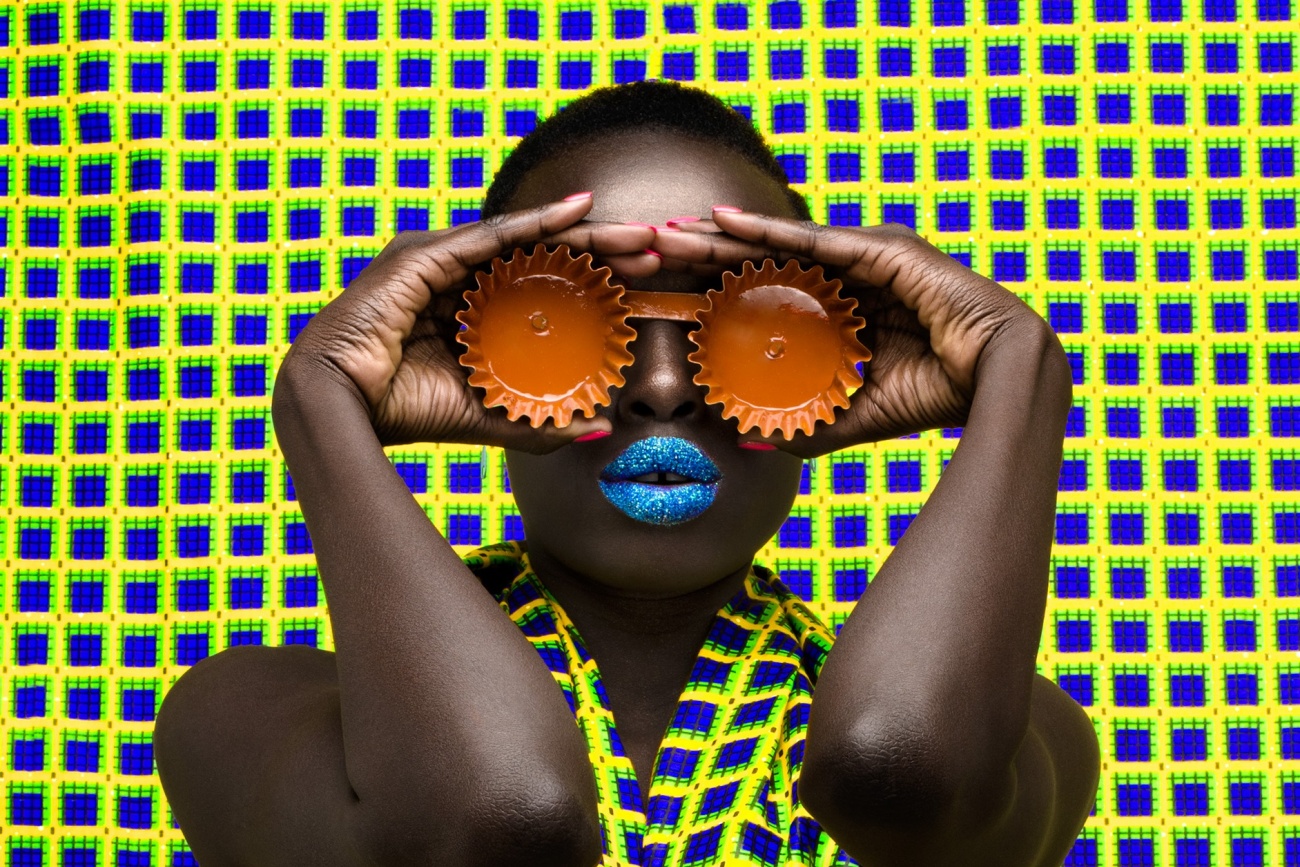In less than six months since Kenya recorded it's first COVID-19 case, our country has drastically transformed. From brutally enforced lockdowns, suspension of civic, entertainment and commercial activities across the country, massive job losses and the onset of collapse of society as we know it. This is the new (ab)normal. And we're going to have to live with the impact of COVID-19 on our lives for the foreseeable future.
This 3 part series on The new abnormal seeks to highlight the impact of COVID-19 on various demographics in Kenya.
This week, we will explore how COVID-19 has impacted women in Kenya. From domestic violence to teen pregnancies, interpersonal relations and finances.
A recent study by UN Women found that reports of violence against women, and particularly domestic violence, have increased in several African countries as concerns over security, health, and financial worries have created tensions and strains in homes exacerbated by the cramped and confined living conditions of lockdowns. Kenya was part of this study.
To have an in depth understanding of how dire this is, follow Usikimye to keep tabs on the rampant cases of domestic violence they handle everyday in Nairobi only. It's tragic.
For women in Kenya, the effects of COVID-19 on their lives has been far-reaching. They are on the frontline of service provision in both the public health care sector and in their homes. They carry the burden of child care and also tending to the sick and the elderly. 70% of healthcare workers (nurses) in Kenya are women. And you can bet they barely get a break at home.
In Machakos County, 3,964 girls became pregnant in the five month period since the advent of COVID-19 in the country as school children stayed home due to restrictions.
The financial impact on women cannot be understated. According to UNWOMEN, on average 26% of all households in Africa are headed by women.
For the most part, these women are the sole breadwinners in their households and responsible for the physical and emotional care of all family members. Since the implementation of COVID-19 safety measures, small scale businesses these women depend on have been disrupted negatively . The mitumba business has been greatly affected.
COVID-19 has also affected women and girls living with various disabilities disproportionately. Women and girls with disabilities in Africa are largely the poorest of the poor. COVID-19 brings additional expenses to them including purchase of PPE, masks and sanitizers.
The restrictions brought about by the pandemic necessitates social distancing, yet this is not practical for women and girls with disabilities who depend on social contact. COVID-19 has exacerbated the stigma and discrimination among women and girls with disabilities.
COVID-19 has thrust up a mirror on how our economic, social and political systems treat women and this has necessitated the crucial conversations on how they must change.
We are in dire need of policies that protect women and girls during and after this pandemic and a sustainable trickle down of resources from the state. Men must also step up to the plate and stop being passive in household management. This is the new abnormal and women need all the help they can get to survive it.
Image: African Women's Development & Communication Network
The views expressed here are that of the writer and do not purport to reflect the opinions or views of KenyaBuzz and it's affiliates.




